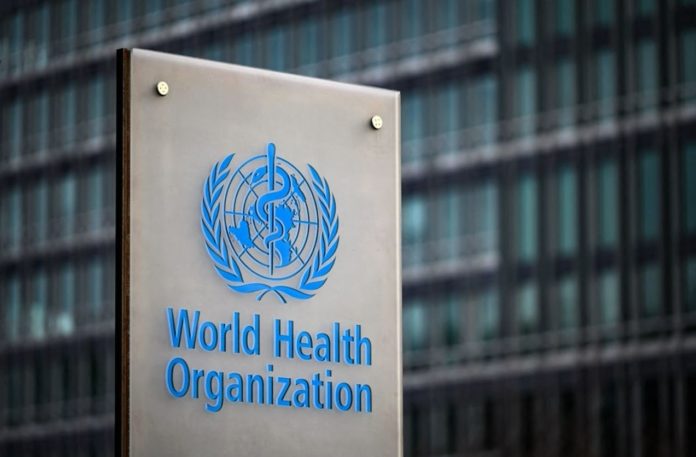WHO’s new recommendation is based on moderate certainty data showing it increases survival and decreases the requirement for ventilation while having no side effects.
Baricitinib (a type of drug known as a Janus kinase (JAK) inhibitor, which is also used to treat rheumatoid arthritis) is strongly recommended in combination with corticosteroids for patients with severe or critical covid-19, according to a WHO Guideline Development Group of international experts published today in The BMJ.
The strong recommendation is based on moderate confidence evidence indicating it increases survival and reduces the requirement for breathing, with no documented increase in side effects.
The WHO experts emphasize that baricitinib has similar effects to other arthritis drugs are known as interleukin-6 (IL-6) inhibitors, therefore when both are available, they recommend choosing one depending on cost, availability, and clinical experience. It is not advised to use both medicines at the same time.
Experts advise against using two other JAK inhibitors (ruxolitinib and tofacitinib) for patients with severe or critical covid-19 because poor certainty evidence from limited trials failed to show benefit, and tofacitinib may produce major side effects.
In the same guideline update, WHO gives a conditional recommendation for the monoclonal antibody sotrovimab to be used in patients with non-severe covid-19, but only in those who are at the highest risk of hospitalization, owing to minor advantages in those who are at lesser risk.
WHO has made a similar recommendation for another monoclonal antibody medication (casirivimab-imdevimab). The specialists also point out that there isn’t enough evidence to recommend one monoclonal antibody treatment over another, and that their efficacy against novel variants like omicron is currently unknown.
As a result, they say that when more data becomes available, guidelines for monoclonal antibodies will be modified.
Today’s recommendations are based on fresh evidence from seven trials including over 4,000 patients with non-severe, severe, or critical covid-19 infection.
The new guidance supplements previous recommendations for the use of interleukin-6 receptor blockers and systemic corticosteroids in patients with severe or critical covid-19; conditional recommendations for the use of casirivimab-imdevimab (another monoclonal antibody treatment) in selected patients; and against the use of convalescent plasma, ivermectin, and hydroxychloroquine in all patients with covid-19, regardless of disease severity.
Source: WHO
Image Credit: Getty
You were reading: What to take if You have Omicron: WHO adds two new drugs to treat COVID-19 patients
